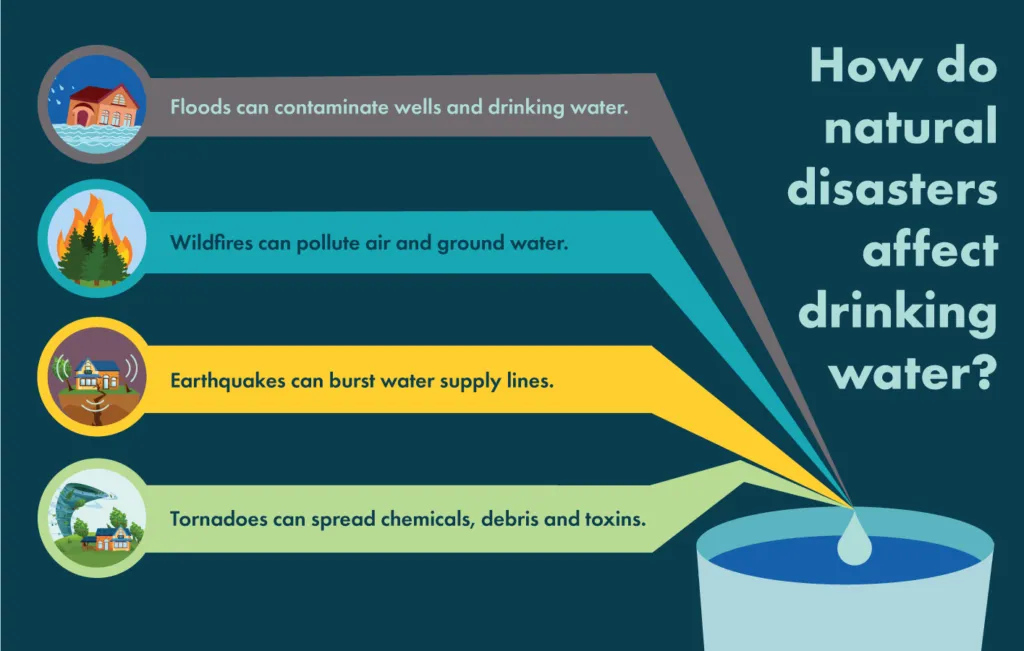In times of crisis, having a reliable emergency water supply is crucial for survival. Whether you are facing a natural disaster, a power outage, or any other unforeseen event, having access to clean drinking water can make all the difference in staying safe and healthy. However, it is not enough to simply have a stash of water bottles stored away. It is equally important to safeguard your emergency water supply to ensure that it remains safe and potable when you need it the most.
Here are some key steps to safeguard your emergency water supply for any crisis:
1. Store water properly: Water should be stored in clean, food-grade containers that are specifically designed for long-term water storage. Avoid using containers that are not meant for storing water, as they may leach harmful chemicals into the water. Make sure to seal the containers tightly to prevent contamination.
2. Rotate your water supply: Water can become stale and develop a bad taste if left in storage for too long. To ensure that your emergency water supply remains fresh and potable, it is important to rotate your water supply regularly. Aim to replace your stored water every six months to a year.
3. Keep water in a cool, dark place: Exposure to sunlight and heat can cause water to deteriorate and become contaminated. Store your water supply in a cool, dark place, away from direct sunlight and extreme temperatures. This will help to maintain the quality of the water for a longer period of time.
4. Treat water properly: If you are unsure about the quality of your emergency water supply, it is important to treat the water before consuming it. There are several methods for treating water, including boiling, using water purification tablets, or using a water filtration system. Make sure to follow the instructions carefully to ensure that the water is safe to drink.
5. Monitor water levels: Regularly check the water levels in your emergency supply to make sure that you have enough water on hand for any potential crisis. It is better to be safe than sorry, so make sure to replenish your water supply as needed.
By following these key steps, you can safeguard your emergency water supply and ensure that you have access to clean drinking water in times of crisis. Remember, water is essential for survival, so it is important to take the necessary precautions to protect your water supply and stay prepared for any emergency situation.

